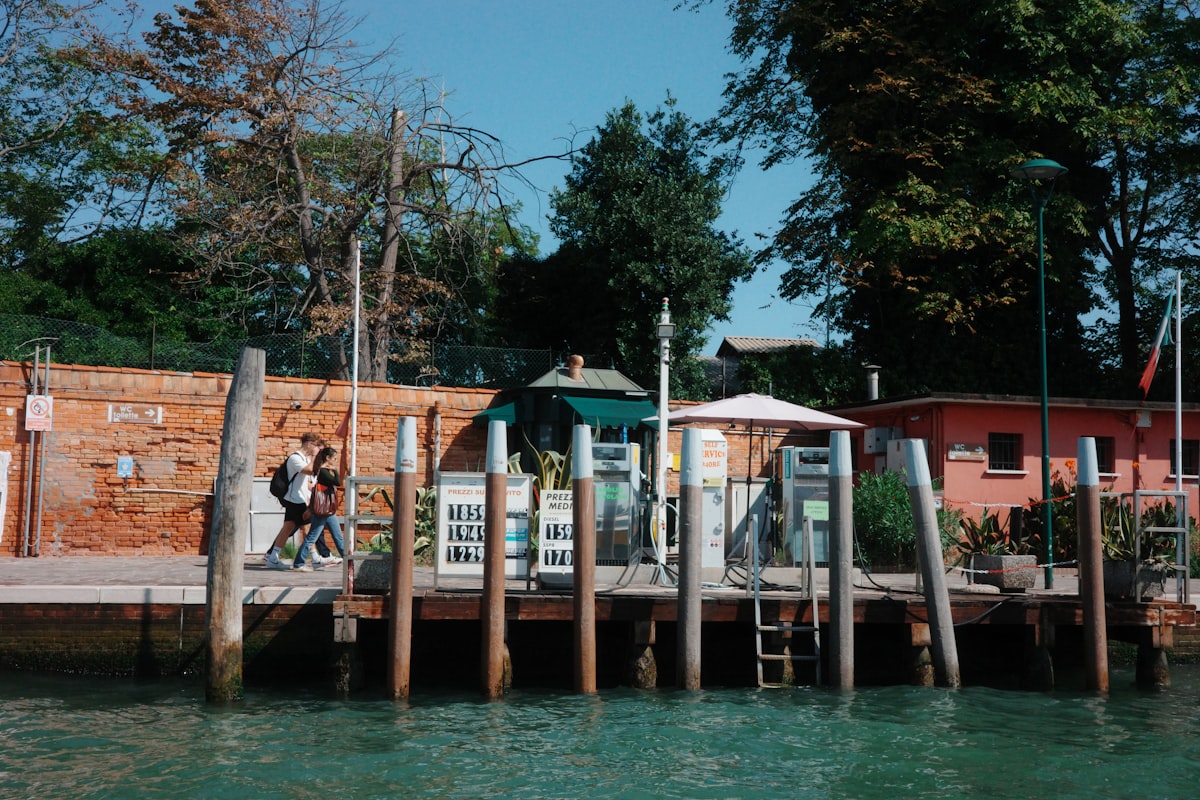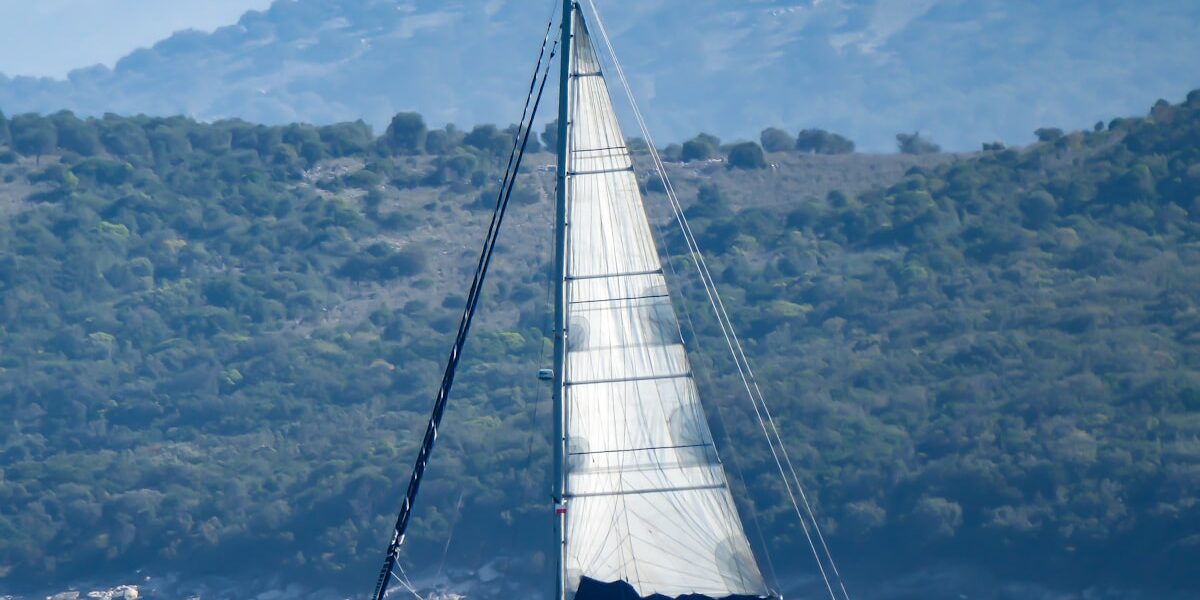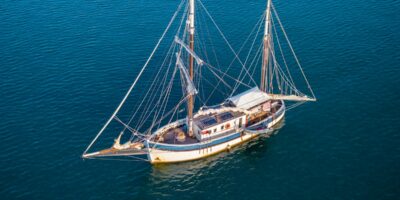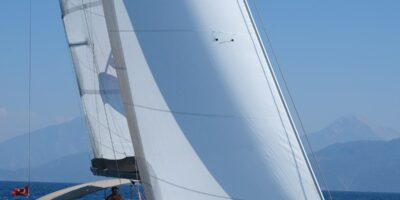Power boating, a thrilling aquatic activity, captivates enthusiasts worldwide with its blend of speed, power, and the freedom of navigating open waters. This article explores the multifaceted world of power boating, delving into its definition, types, equipment, and the unique lifestyle it fosters among its aficionados.

At its core, power boating involves operating a motorized boat, typically powered by gasoline or diesel engines. Unlike sailing, which relies on wind for propulsion, power boats use internal combustion engines to move through water. This key characteristic grants power boaters the ability to travel at much higher speeds and with more control over their navigation compared to sailing.
Power boating is not just about high speeds and racing; it encompasses a variety of activities including leisure cruising, fishing, wakeboarding, and even luxurious yachting. The type of power boat one chooses can vary widely based on intended use, from small inflatable boats and personal watercrafts like jet skis to large yachts equipped with all the amenities of a modern home.
For many, power boating is an escape from the daily grind, offering a unique way to connect with nature, explore new destinations, and enjoy the camaraderie of fellow boaters. Marinas and boat clubs often serve as social hubs where boaters congregate, sharing stories of their aquatic adventures and planning new ones.
Safety in power boating is paramount. Operators must be knowledgeable about their vessel, the weather conditions, and navigational rules. Proper safety gear, including life jackets, communication devices, and emergency supplies, is essential for all aboard. Many countries require a boating license or safety certification to operate a power boat, ensuring that all boaters have a basic understanding of boating safety and regulations.
The environmental impact of power boating is also an important consideration. The use of engines can lead to water pollution if not managed correctly. Responsible boaters must maintain their vessels properly to minimize leaks and spills, and opt for more environmentally friendly engines when possible.
In conclusion, power boating offers a diverse array of activities and opportunities for adventure on the water. Whether one is seeking the adrenaline rush of high-speed racing, the tranquility of a sunset cruise, or the challenge of a fishing expedition, power boating provides an accessible and exciting way to experience the aquatic world. As with any activity, understanding and respecting the rules, safety measures, and environmental impacts are crucial to ensuring that it can be enjoyed by generations to come.




Leave a Reply